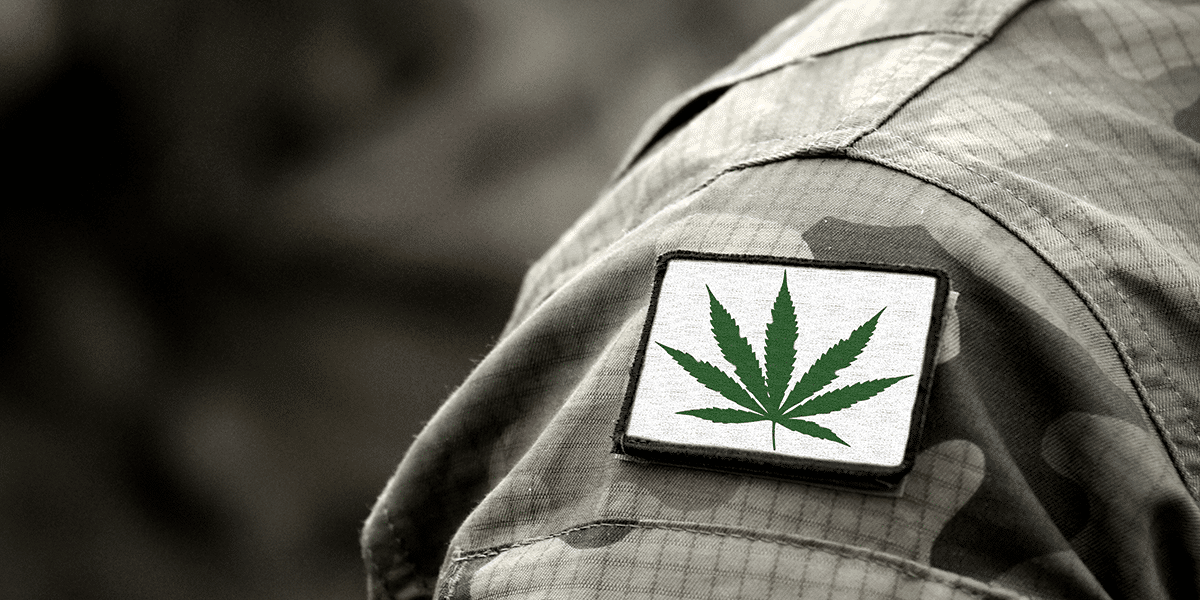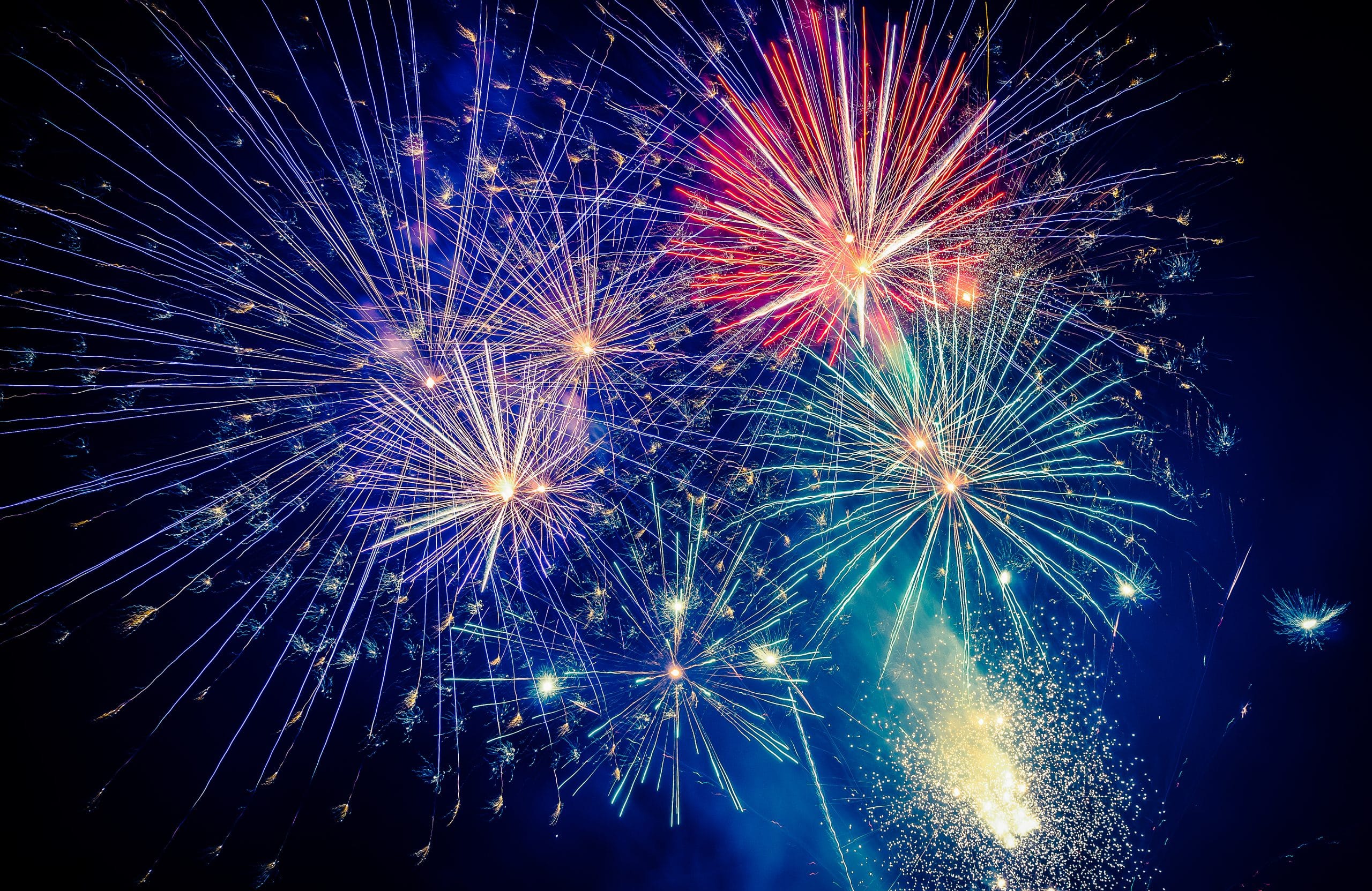In latest yrs, psilocybin and MDMA have been explored as prospective therapies for put up-traumatic worry problem, but fairly more quietly so has cannabis. In simple fact, according to a few rapid queries of PubMed, hashish has a extended and richer association with PTSD in the scientific literature than any psychedelic. Though you wouldn’t know that by reading the headlines.
Placing aside for a moment how powerful psychedelics might or may possibly not be as breakthrough treatment options for PTSD, there’s no doubt that hashish is still a great deal easier for most people to access.
Latest exploration – together with a few new research (from a few distinctive nations) – indicates that growing quantities of PTSD sufferers are medicating with cannabis, and actually finding it practical.
Despair Drives Cannabis Use
Very first, a paper in the journal BMC Psychiatry1 from researchers dependent in Ontario, Canada, gives some perception into hashish use amid PTSD patients throughout the initial wave of the coronavirus pandemic. In between April 3 and June 24 of 2020, 462 people today with self-reported PTSD accomplished an on-line questionnaire that assessed mental overall health indications and hashish consumption both before the pandemic and in the seven days prior to filling out the study.
Pressure, anxiousness, and depression worsened throughout the board, but by categorizing individuals according to cannabis use patterns – not working with, utilizing considerably less, using the same, or utilizing much more – the scientists found out some thing interesting. PTSD victims who amplified their cannabis use through the pandemic were more probable to also knowledge “meaningful perceived worsening of depression symptoms,” the authors publish.
Does this suggest that hashish exacerbated melancholy? It is theoretically probable, supplied that the study does not handle causality. Having said that, significantly a lot more most likely supplied what past study has proven about the relationship concerning hashish and despair2 is that it went the other way: worsening despair led to better cannabis use. In other words, these people today had been probably struggling in the course of the pandemic and making use of cannabis to make on their own truly feel far better.
The extent to which hashish actually aided, if at all, is past the scope of this exploration – but one more current study with a slightly distinct style tackles that concern additional directly.
Cannabis May well Strengthen High-quality of Existence in PTSD Individuals
In the British isles, persons identified with PTSD can be prescribed healthcare cannabis. Still a paucity of medical evidence limitations its use, produce the London-dependent authors of a December 2022 paper in the journal Professional Review of Neurotherapeutics.3 So they made a examine that would use individual responses to validated questionnaires to measure improvements in sleep high quality, panic, and PTSD-specific signs (intrusions, avoidance, and hyperarousal) around time.
By evaluating scores from 144 PTSD people at baseline and just one, a few, and 6 months just after initiating medical hashish use, the scientists observed substantial enhancements in all three groups across all comply with-up periods. Adverse situations associated to hashish use have been predominately moderate or moderate, with insomnia and tiredness currently being most frequent at 20 incidents each individual.
This analyze also has several restrictions. It is observational in mother nature, leaving several variables uncontrolled and some others, which includes dose size and frequency, reliant on participant reporting. In addition, all end result actions are subjective.
“Nevertheless, this review can provide to notify potential randomized placebo-managed trials with the goal of confirming these promising results, whilst informing latest scientific practice,” the authors create. “Future get the job done must also focus on together with goal actions, analyzing best dosages, and conducting comparisons to present treatment plans to greater notify prescribing of include-on or sole [medical cannabis] remedy.”

Hashish Will help PTSD Sufferers Slumber Greater
Improved sleep quality may possibly be an critical mechanism by way of which cannabis decreases PTSD signs or symptoms through daytime and nighttime alike, posit the Israel-centered authors of a paper printed in the December 2022 concern of the Journal of Panic Issues.4 To learn more about how hashish use affects snooze, they asked 77 certified professional medical cannabis people struggling from PTSD to report every single morning on the timing of cannabis use the preceding evening and subsequent rest disturbances all through the evening.
Curiously, the closer to bedtime an individual made use of cannabis, the a lot less probable they were being to knowledge nightmares – which may perhaps in change translate to diminished daytime worry.
The authors’ evaluation also revealed that people who utilised products with better CBD concentrations (largely smoked flower, but not completely) noted much less early awakenings, and hence for a longer time rest. Number of nightly awakenings, the third consequence variable calculated, was not associated with any factor of cannabis use – although the researchers did find that these who went to mattress later documented fewer awakenings.
This is a little examine that yet again lacks controls and relies on self-reporting, still it adds to a escalating overall body of scientific and preclinical exploration suggesting advantageous outcomes of cannabis for put up-traumatic pressure condition – in this scenario by way of enhanced rest. As the authors place it in concluding their personal paper, “Given the superior comorbidity of PTSD signs or symptoms and rest disturbances and the probable for clinical hashish to have outcomes on the two, a higher comprehension of how clients expertise the results of clinical cannabis on general PTSD indicators and slumber disturbances is warranted.”
Nate Seltenrich, an impartial science journalist primarily based in the San Francisco Bay Space, covers a wide vary of subjects which includes environmental health, neuroscience, and pharmacology. Copyright, Undertaking CBD. May not be reprinted without permission.
Footnotes




